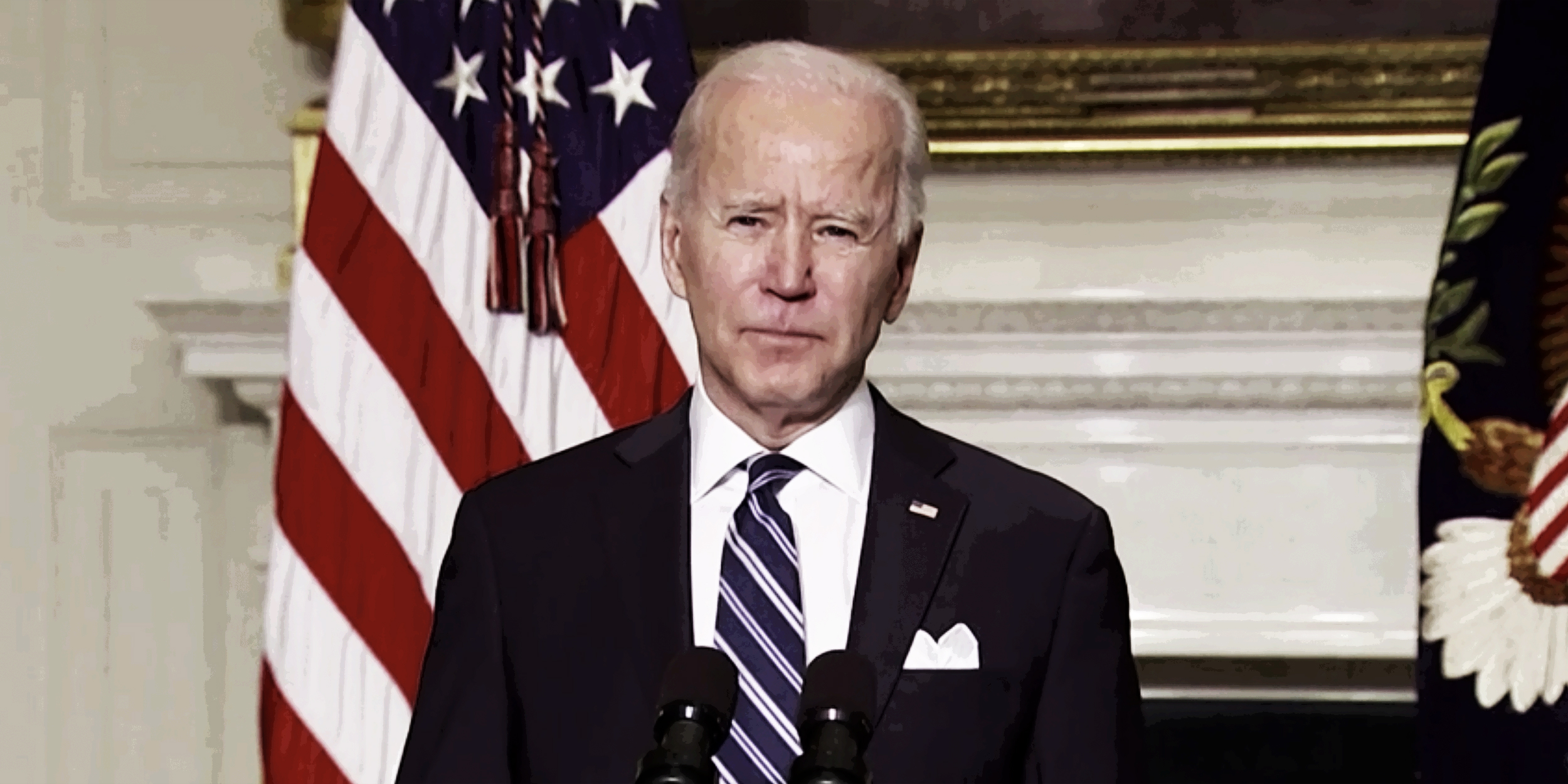Liv Kessler, Precious Ogunlowo and Jack Saideman examine the discrimination that mothers have long faced in politics and how female politicians are striving for change and equality.
Despite representing roughly 50% of the population, women have only relatively recently entered the political sphere. On average, only 24.9% of members of parliament across the world are women. If a woman was to become politically successful, this was generally at the expense of family life. German chancellor Angela Merkel, former British prime minister Margaret Thatcher and former Brazilian president Dilma Rousseff were totally devoted to their careers. Their public image and the personas which they embodied were constructed to remove them from concepts of motherhood and femininity, such as in the way they dressed, spoke, and presented their personal lives to the public. At the time, the idea of having a family while working high profile political roles was apparently seen as career suicide.
So, can women be in politics and have a family? If they try, they face a number of difficulties. One is the lack of maternity leave for public representatives. Even the most advanced regions of the world are still battling with fair provisions for female politicians. Take Ireland, where politicians have to provide a sick note if they want to have time off work to be with their new-born children. The most egregious example is the United States. It is the only OECD country with no national paid maternity leave. For future mothers working in politics, this translates to government officials being granted unpaid 12 week leave. This is discriminatory on the basis of income disparity as not everyone can afford to go so long without a steady income. It is also demeaning as parliament members may be stripped of certain parliamentary rights when they take the leave.
Maternity protection is a human right. As stated in Article 5 of the Convention on the Elimination of All Forms of Discrimination against Women in 1978, “measures aimed at protecting maternity shall not be considered discriminatory”. The lack of maternity leave for women has profound discriminatory effects; further marginalizing women in a space that is already heavily male dominated. There is plenty of evidence that maternity leave is linked with both the mother’s and child’s well-being. Not being able to take time off is associated with a higher risk of postpartum anxiety and depression. The longer the leave the better the mother’s wellbeing.
Some countries are experiencing a positive change. Scandinavian countries are at the forefront of the move toward better working conditions for women. In Sweden, MPs have a right to as long a leave as everyone else: up to 480 days (more than 15 months). Politicians’ maternity rights often reflect the maternity rights of women as a whole in a given country, for example Finland, under the leadership of female, 35-year-old Prime Minister Sanna Marin, introduced a new policy granting seven months paid leave to each parent, meaning a total of 14 months paid leave. In North America, things are going in the right direction, too. Canada passed a motion in 2019 that allowed pregnant MPs up to a year off. In the USA, the 31-year-old Member of the House of Representatives Alexandria Ocasio-Cortez wants to create a “pro-family workplace”. She is providing three months paid leave in her office. This sis nowhere near as long as in Sweden, but it is better than the unpaid 12-week requirement of Congress. In the UK, a new measure was passed on 4th February 2021, allowing cabinet ministers to take six months’ maternity leave without having to leave their job. This new policy was adopted during the last weeks of attorney general Suella Braverman’s pregnancy. If it hadn’t been for this new law, Braverman would have had to decide between taking time off after giving birth and quitting her job.
What we see is a transition between two generations of female politicians. The first generation – Merkel, Thatcher, Roussef — were the ones who broke the glass ceiling. Today’s women in politics, such as Alexandria Ocasio-Cortez, Suella Braverman, and Sanna Marin, the Finnish Prime Minister, belong to a second generation. They have benefited from the policies implemented by the first generation of women, and it’s up to them to push for a healthy work-life balance. We hope that in coming years we will see more women participating in politics, especially young women, women of colour and of diverse socio-economic backgrounds. What that will mean, ultimately, is that women can have a family life. Even if they are politicians.
This article was written by students on LSE Government’s ‘GV101: Introduction to Political Science‘ course. Visit the LSE Government website to find out more about studying politics at LSE.
Note: this article gives the views of the authors, and not the position of the LSE Department of Government, nor of the London School of Economics.





